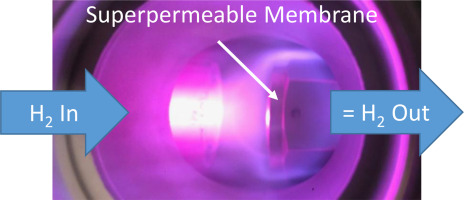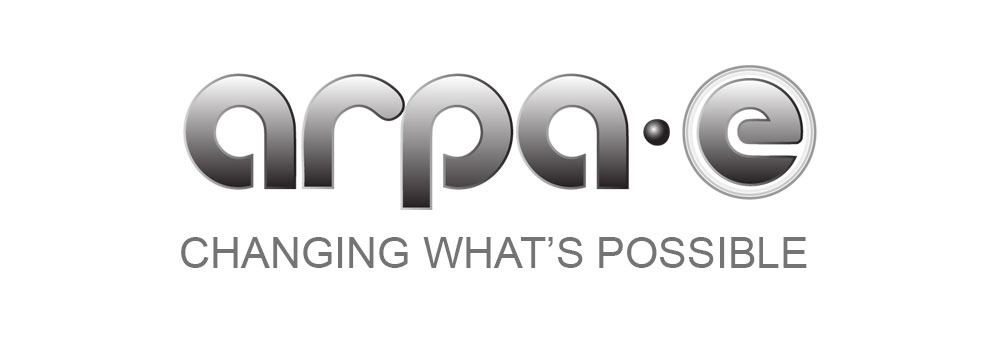Catalytic Membrane Reactors
 In this work, we are developing membrane reactors
for process intensification and improved efficiency. There are two aspects of these project. The first is developing
state of the art metal membranes for H2 separation. Professor Way is an expert in electroless deposition of
Pd and related alloys. In addition, we are developing a new class of dense metal membranes for H2 purification based on low cost BCC metals
such as vanadium and niobium. These materials have much greater theoretical permeability than Pd, but are
unable to dissociate molecular hydrogen. To overcome this challenge we have developed composite membranes comprised
of BCC metals and transition metal catalysts. These membranes are synthesized by magnetron sputtering in the customized
system shown at left. We are developing composite membranes specifically for the extraction and purification for
emerging fusion based power plants in collaboration with Idaho National Laboratory.
The image shows an experiment where superthermal hydrogen isotopes are transported through a dense metal foil.
In this work, we are developing membrane reactors
for process intensification and improved efficiency. There are two aspects of these project. The first is developing
state of the art metal membranes for H2 separation. Professor Way is an expert in electroless deposition of
Pd and related alloys. In addition, we are developing a new class of dense metal membranes for H2 purification based on low cost BCC metals
such as vanadium and niobium. These materials have much greater theoretical permeability than Pd, but are
unable to dissociate molecular hydrogen. To overcome this challenge we have developed composite membranes comprised
of BCC metals and transition metal catalysts. These membranes are synthesized by magnetron sputtering in the customized
system shown at left. We are developing composite membranes specifically for the extraction and purification for
emerging fusion based power plants in collaboration with Idaho National Laboratory.
The image shows an experiment where superthermal hydrogen isotopes are transported through a dense metal foil.
 The second aspect focuses on the development of catalytic membrane reactors. The photograph at left shows the
innovative reactor design. The conventional approach supplies the catalyst in a packed bed surrrounding
the membrane. In this approach we begin with asymetric ceramic suppport. Catalyst is preferentially deposited
into the microporous region at the exterior of the support, to which the hydrogen selective metal membrane is applied.
Well-dispersed catalysts provides high activity, and its proximity to the membrane mitigates transport limitations.
The resulting reactors enhable reduced temperatures and high productivity relative to conventional designs.
Processes of interest include methanol reforming, ammonia synthesis and decomposition, and
dehydrogenation reactions.
The second aspect focuses on the development of catalytic membrane reactors. The photograph at left shows the
innovative reactor design. The conventional approach supplies the catalyst in a packed bed surrrounding
the membrane. In this approach we begin with asymetric ceramic suppport. Catalyst is preferentially deposited
into the microporous region at the exterior of the support, to which the hydrogen selective metal membrane is applied.
Well-dispersed catalysts provides high activity, and its proximity to the membrane mitigates transport limitations.
The resulting reactors enhable reduced temperatures and high productivity relative to conventional designs.
Processes of interest include methanol reforming, ammonia synthesis and decomposition, and
dehydrogenation reactions.
Support for these projects is currently provided by ARPA-E through awards DE-AR0001004 and DE-AR0001368, EERE through award EE-0011093 that is part of the HyMARC consortia,a generous equipment grant through the NETL under award EE-0010975, and the Colorado Office of Economic Development and International Trade.




